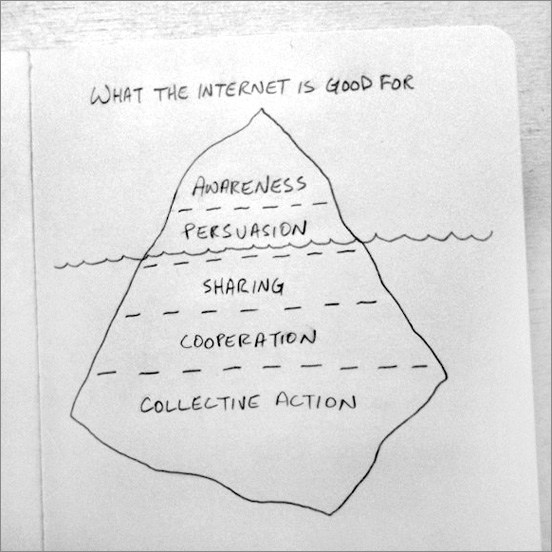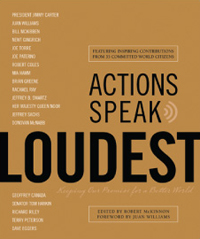 I was out at dinner tonight and overheard another table. Maybe you’ve heard something similar before. It goes something like this, “He made how much? from that? If only I’d thought of that, I could cash out. Call it a day and be done.” The truth is though, we are never done. I mean really, what is done?
I was out at dinner tonight and overheard another table. Maybe you’ve heard something similar before. It goes something like this, “He made how much? from that? If only I’d thought of that, I could cash out. Call it a day and be done.” The truth is though, we are never done. I mean really, what is done?
So, as you wrap up your week, ask yourself: What am I working for? Are you working for retirement or are you working with a purpose? Clayton Christensen, over at the Harvard Business Review, offers some great insight into work, meaning and our purpose in life. In his words:
For me, having a clear purpose in my life has been essential. But it was something I had to think long and hard about before I understood it. When I was a Rhodes scholar, I was in a very demanding academic program, trying to cram an extra year’s worth of work into my time at Oxford. I decided to spend an hour every night reading, thinking, and praying about why God put me on this earth. That was a very challenging commitment to keep, because every hour I spent doing that, I wasn’t studying applied econometrics. I was conflicted about whether I could really afford to take that time away from my studies, but I stuck with it—and ultimately figured out the purpose of my life.
Had I instead spent that hour each day learning the latest techniques for mastering the problems of auto correlation in regression analysis, I would have badly misspent my life. I apply the tools of econometrics a few times a year, but I apply my knowledge of the purpose of my life every day. It’s the single most useful thing I’ve ever learned.
Working with a purpose–no matter what that purpose is–whether it be to put dinner on the table, to provide opportunity for your family to doing what you love, matters. And we are never done. Call it an end-of-the-week rant, but what do you think–are we ever done working?
flickr credit: markbarky
PS: Christensen’s HBR article is quite possibly the best article I’ve read to date. It’s worth the read.



